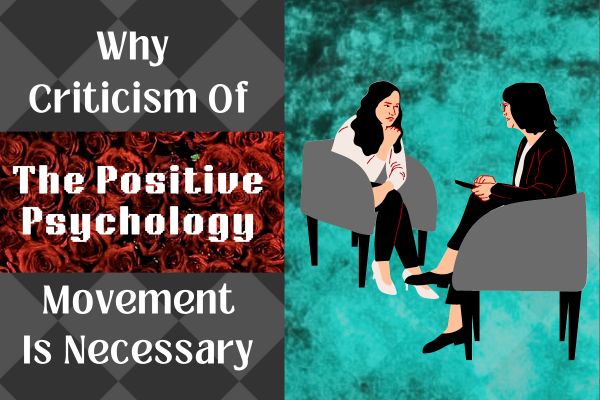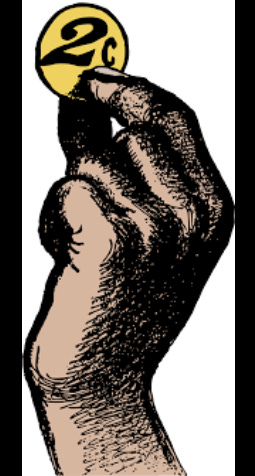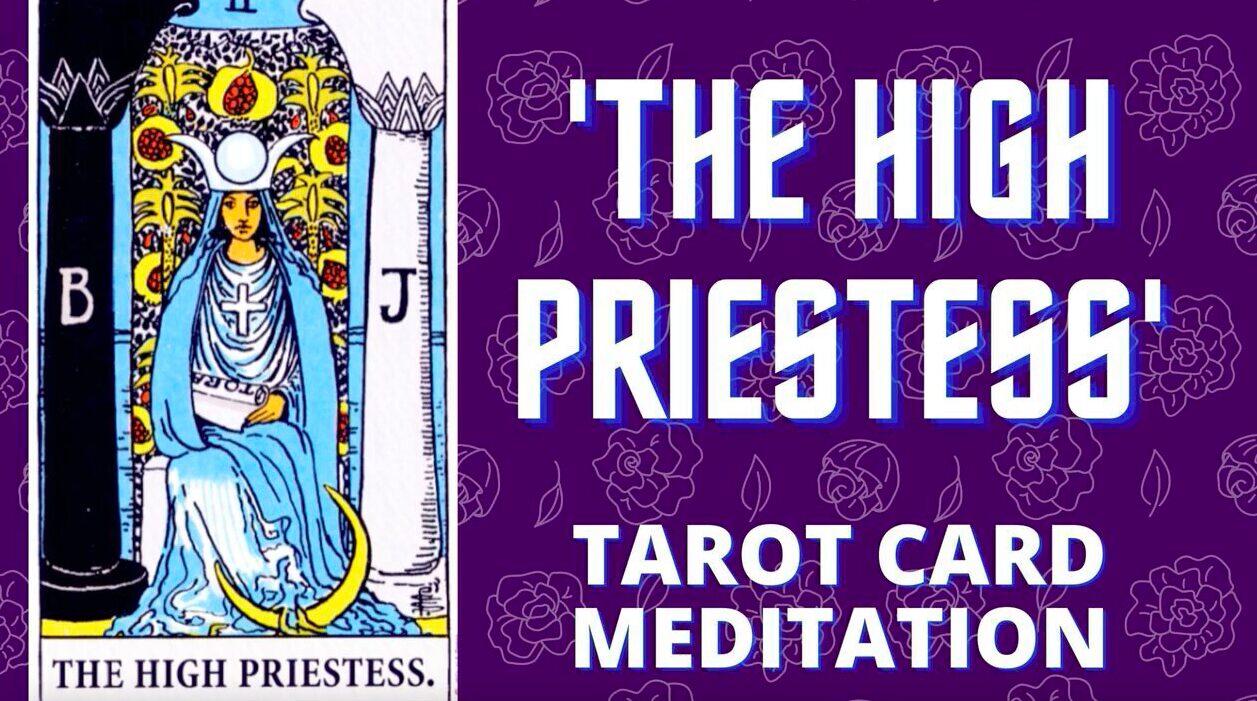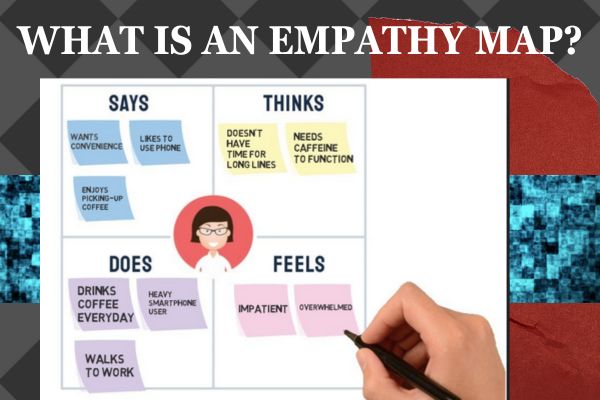Staying positive has be a mantra for many years.
There is now an entire psychology based movement around it.
I think it’s lame.
Why? Because when it comes down to it, you can think positively or negatively about absolutely anything.
You can either ‘do or don’t do’.
I think that’s a Buddhist saying.
Anyway…
Even though the field of psychology has recognized the subset of Positive Psychology as legitimate, the community has some real critiques of the movement.
As it should!
We will explore the valid points the critics have in this article.
Here goes…

At the 2015 World Conference of Positive Psychology, some of the biggest names in Positive Psychology discussed a few of these criticisms.
Big names in PP such as: Martin Seligman, Tal Ben-Shahar, Barbara Fredrickson, Mihaly Csikzentmihalyi, and Richie Davidson.
Now let’s move on to the criticisms…
The Biggest Critcism is one of the biggest and loudest criticisms of Positive Psychology.
It’s this…
Research Findings Are Often Invalid, Overstated and Misleading.
Like any other scientific field, mistakes are sometimes made.
However, psychology in particular has real problems with their research because of the purely subjective perspective of the patients they study.
In fact, it is generally known – although rarely acknowledged – that psychology is a pseudoscience.
Scientists, like everyone, can be lead by their emotions.
So, it can be hard to maintain objectivity when research findings have both broad and deep applicability to the real world.
This is no excuse for a lack of scientific rigor though.
Positive psychologists must be careful to keep their claims within reason.
There needs to be more critical thought around this subset of psychology.
More credence must be given to the limitations of the field’s scientific methods.
One of the biggest problems is that there is too much emphasis on self-reporting and cross-sectional survey data.
Getting feedback from those around the individual being studied is becoming the way to corroborate or compare the self-reporting data.
As a consequence, many psychologists are becoming more comfortable with the data that with the human being.
The Second Biggest Criticism Is:
Positive Psychology Has Cultural and Ethnocentric Biases (Built in By Ignorance)
The fact is, much of the research in Positive Psychology has been published by Western researchers and publications.
It is also true that Positive Psychology generally embraces a white, middle-class audience.
In America, that means a slant away from prison time, poverty, physical health problems and the usual inequalities of minorities.
Although, this seems to be changing.
The recent establishment of the International Positive Psychology Association is a sign that the perspective of Positive Psychology is widening.
Third Criticism Is: That The Field Is Too Individualistic
Another valid point is that Positive Psychology focuses too much on the individual.
The psychologists focus far too much on the personal experiences and individual characteristics of the patient.
It does seem that Positive Psychology does lack consideration for the relationships, and communities surrounding the individual and the influence they exert on him/her.
Some have argued that the focus on the individual leads Positive Psychology to victim-blame.
To a large extent this is true.
There is a general assumption – especially in American culture – that the individual is responsible for everything in their lives.
Now, depending on how the individual views this level of responsibility – it’s a huge burden or huge relief.
This may be where the greatest schism of Positive Psychology lies.
The Fourth Biggest Criticism Is: The Lack of Depth Positive Psychology Has
When looked at on the surface, it does look like Positive Psychology is all about ‘putting on a happy face’ as the way to solve problems.
Our forefathers such as Sigmund Freud and Carl Jung sought to explore, acknowledge and integrate the dark sides of human nature (collective and individual) so that the patient could ultimately be happier.
Now that I’m in my 60s, I’ve discovered that wisdom leads to balance, which leads to contentment, which leads to a level of happiness. Even when you’re sad.
My 2 Cents…
At its core, I believe Positive Psychology is a type of reframing technique.
This has it’s uses.
However, serious trauma will not respond well to this superficial type of technique.
Not until there is some time and healing that has gone by first.
Positive Psychology is more for those who are not as damaged as they may seem at first on the surface.
In the end, I believe if you are going to spend the time, money and energy going to a psychologist or psychotherapist you should come away from it with a specific approach to gaining wisdom from your own life.
There may be a place for Positive Psychology within the overall industry.
However, in an increasingly shallow, unhappy and aggressive society, we should seek to find thought processes that dig deep into our own spirit.
We don’t need to spend our time with those who essentially offer psychological bandaids for the troubles of today.












